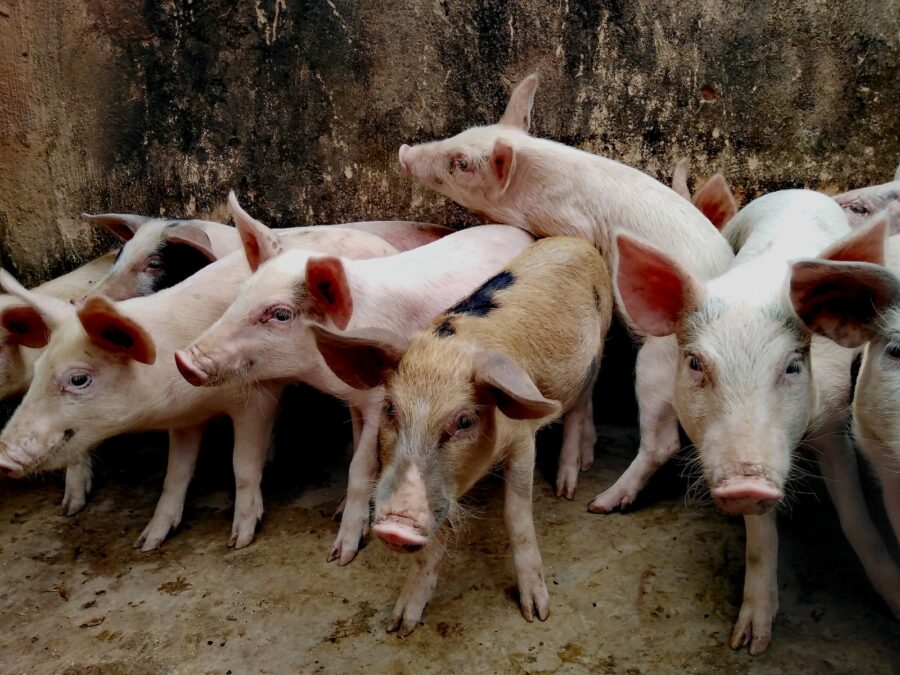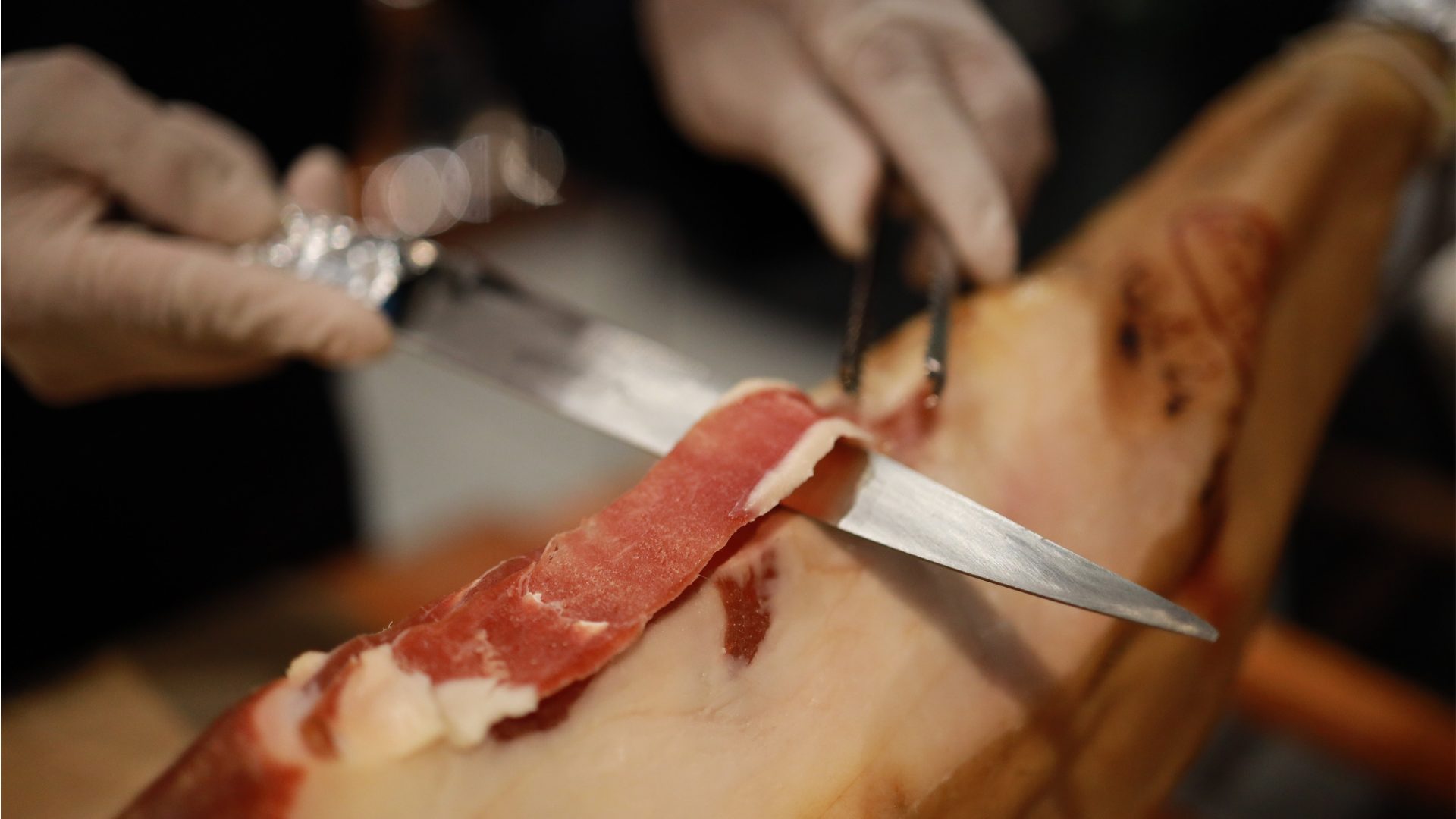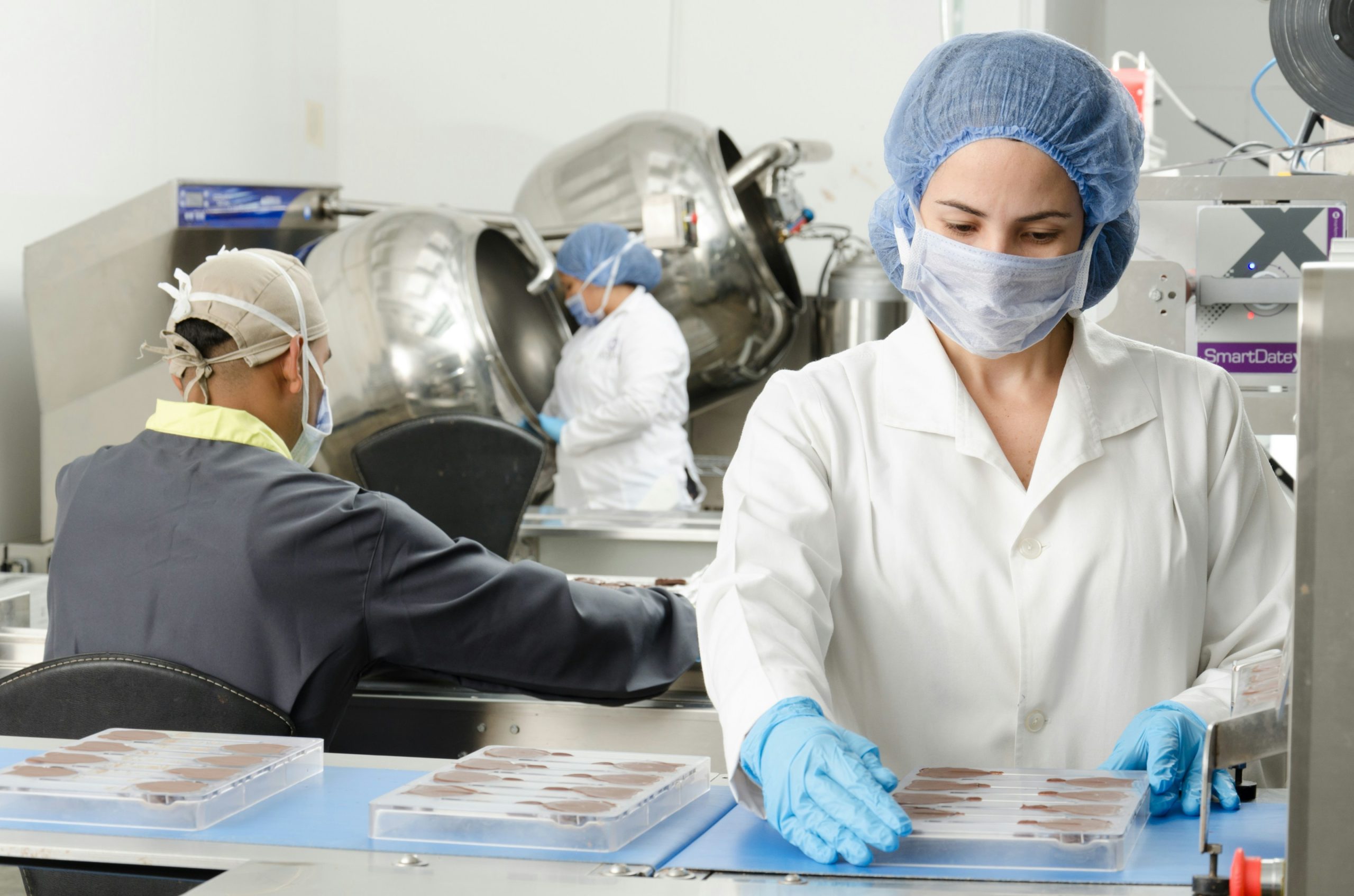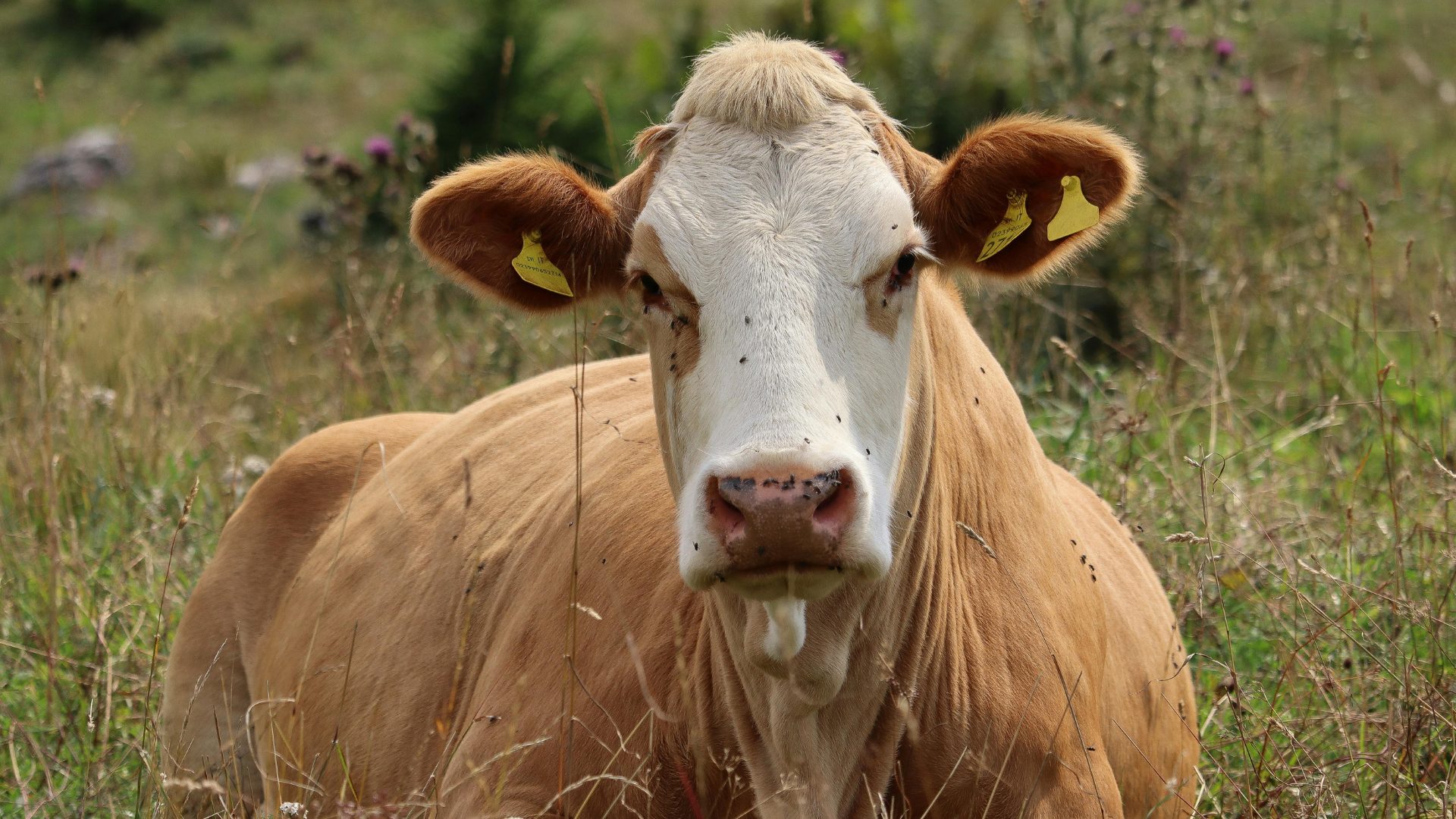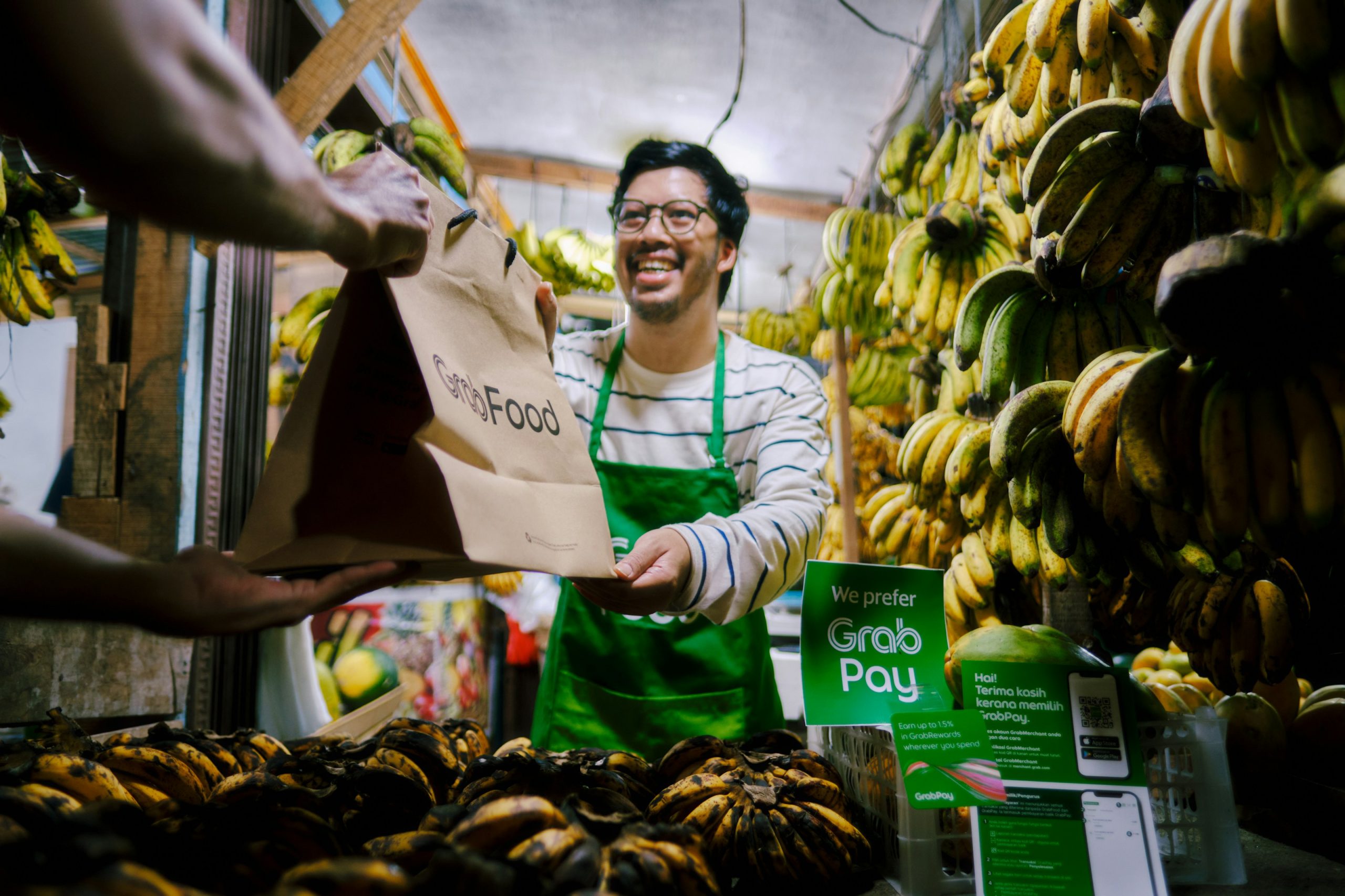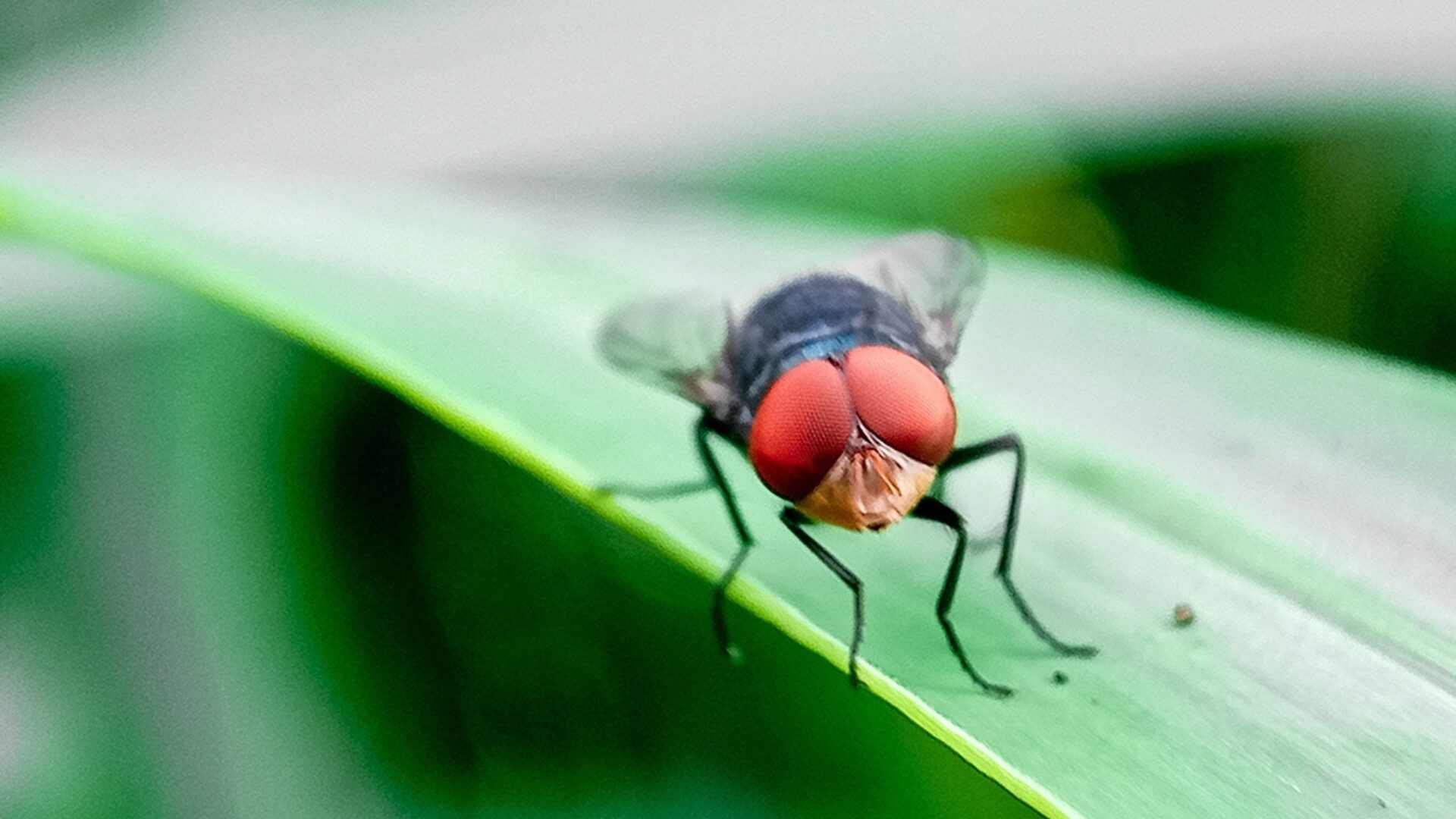Americans may think the dangers of a COVID-like pandemic originating in the U.S. are remote, but scientists warn that may not be the case since the U.S. boasts the largest number of human cases of swine flu in the world, The New York Times recently reported.
Ann Linder, an associate director at the animal law and policy program at Harvard Law School, told the Times agricultural fairs and shows have become “hot spots” for detecting influenza viruses in pigs and hogs. The animals can harbor influenza strains from swine, birds and humans at the same time, serving as the perfect mixing bowl for viral DNA. Infection is spread to humans when the animals cough or sneeze.
The U.S. Centers for Disease Control and Prevention confirmed Aug. 4 the first two cases of swine flu in humans this year – both of which were linked to county fairs in Tuscola and Oakland counties in Michigan, the Detroit Free Press reported.
Dr. Andrew Bowman, a molecular epidemiologist at Ohio State University, who took samples at a recent show in Lexington, Ohio, expressed concern to the Times, noting:
“Lots of folks say, ‘Well, it’s just flu. What’s the big deal?’ If it’s the next pandemic, then it’s really bad.”
A recent study published in PLOS Pathogens found the 2009 H1N1 pandemic strain has passed from people to swine about 370 times since, resulting in an evolution of pdm09 variants that are resistant to vaccines. The researchers found, however, infection rates can be reduced by managing influenza A infections in humans who work with swine.
Meanwhile, in other ag-related news:
Fruit flies: A 79 square-mile quarantine has been issued in Los Angeles County to contain the appearance of the invasive Tau fruit fly, which is native to Asia, The Associated Press reported. Thirty of the insects were discovered June 6 about 30 miles north of downtown Los Angeles. California officials said the fruit flies likely were brought into the U.S. by a traveler carrying uninspected produce.
The Tau fruit fly feeds on a wide range of hosts, including fruits, vegetables and other California plants. The California Department of Food and Agriculture urged residents in the quarantine area to keep all fruits and vegetables on the property where they were picked. Though the produce can be safely consumed, uneaten items should be double bagged in plastic for disposal, the department said, adding it would inspect all produce within 200 meters of where the flies were detected. The area also will be treated with the organic-approved material Spinosad.
China: Rep. Mike Gallagher, R-Wis., told a recent roundtable event in Iowa the U.S. needs to exert more control over agriculture technology as China seeks to secure grain supplies ahead of a possible conflict with Taiwan, the Cedar Rapids (Iowa) Gazette reported (Aug. 3). “Our farms are more than just places to grow food,” Gallagher said. “They are research laboratories … and strategic national resources. We have to protect all our technology, whether it’s in a Silicon Valley research lab or an Iowa cornfield.”


